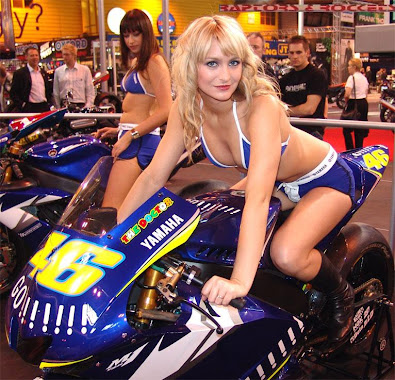
MELBOURNE, Australia -- Race stewards rejected a protest Thursday against the bodywork on the cars of three teams racing at this weekend's Formula One season-opening Australian Grand Prix.
Ferrari, Renault and Red Bull lodged protests after pre-event inspections approved the cars of Williams, Toyota and Brawn. The protest alleged the teams had broken new aerodynamic laws restricting the size of the rear diffuser.
After hours of hearings late into the night, the race stewards rejected the protest and cleared the three teams to race with "their designs unchanged."
"Following lengthy discussions with the various parties, stewards reiterated their belief that the cars are legal," FIA said in a statement. "That decision is expected to be appealed, which would require a hearing of the FIA's International Court of Appeal. That would be unlikely to take place until after next weekend's Malaysian Grand Prix."
Even before the stewards' hearing, the protesting teams had signaled their intention to appeal if the verdict went against them.
Williams, Toyota and race favorites Brawn will compete in Australia and Malaysia with their current bodywork design but with the fear that any points gained may be wiped out if the appeal succeeds.
BMW team principal Mario Thiessen indicated an intention to join Ferrari, Renault and Red Bull in the protest, but the team did not make the deadline to do so.
New F1 regulations limit the size of the diffuser, and the protesting teams say Williams, Toyota and Brawn had bent the rules by using bodywork at the rear of the car that connected with the diffuser and effectively increased its size.
The diffuser at the rear of car's under-tray acts to increase downforce, assisting speed, cornering and smooth performance.
Red Bull team principal Christian Horner rejected suggestions that this row, three days ahead of the season's first GP, had already fractured the much-trumpeted cohesion between teams since the creation of the Formula One Teams' Association.

This is a sporting and competitive issue, it has nothing to do with the workings of FOTA. It's nothing personal against the teams, it's simply looking to clarify regulations and our interpretations and others has been different," Horner said. "Our purpose in all of this is to establish the clarity of the regulation, because it has significant impact on how we channel our development."
Toyota team principal John Howett said he had no ill will toward the protesting teams, and was confident the Toyota design would withstand any scrutiny.
"It's part of the sport we're in," Howett said. "We have studied the regulations in detail and are very confident we have interpreted them correctly. We now just wait for what the stewards or a subsequent court decides."
Should the ultimate decision go in favor of Williams, Toyota and Brawn, other teams would be forced to play catch-up to develop their own bodywork to match.
Horner said his team had done preliminary work to develop rear bodywork in similar fashion, but abandoned it to comply with new F1 rules.
"The cost implications are significant, but it depends on how far you want to go with it," Horner said. "We looked at the concept, we looked at it some time ago. We understood it was certainly not within the spirit, or within the regulations. We haven't committed any significant resource to it."















